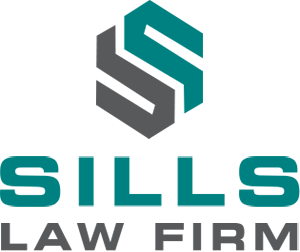Unlike chemical tests, which one must submit to in the state of Connecticut, field sobriety tests (FSTs) are not legally required, nor will refusing one lead to the same administrative or criminal consequences you would face when refusing a chemical test. FSTs include:
- Walk-and-turn
- One-leg-stand
- Horizontal gaze nystagmus
- Alphabet recitation
- Finger-to-nose
- Finger tracing
Often, when requesting suspected DUI offenders to submit to an FST, an officer has made up his or her mind and is simply collecting additional evidence from your inevitable failure at performing these tests. Even the slightest mistake can give law enforcement officials the power to say that you were too incapacitated to successfully perform. Therefore, it is in your best interest not to submit to an FST.
Although these tests were initially developed to evaluate the relationship between physical coordination and intoxication and impairment, they are not accurate indicators of sobriety or the lack thereof. Being stopped by a police officer is intimidating and can cause nervousness, misinterpretation, and miscommunication, which may paint an incredibly skewed version of what transpired.
A vast amount of criticism exists for FSTs, primarily regarding the contradiction between why they were first developed and their current usage in courts. Manuals for defense attorneys commonly note that many outside elements can adversely impact the accuracy of them, including officer bias, pressures placed on the individual, the testing environment, and even the nature of the tests themselves. Additionally, the National Highway Traffic Safety Administration (NHTSA) itself admits that any deviations from standardized procedures detrimentally impact the accuracy.
At The Sills Law Firm, we understand that mistakes made during FSTs do not reflect your sobriety and that there is a bigger story to be told that standing on one leg simply cannot reveal. Our Connecticut DUI attorneys will investigate the entire situation and ensure that your rights do not get trampled on. Call us for a free consultation at (860) 524-8118.
Related:





